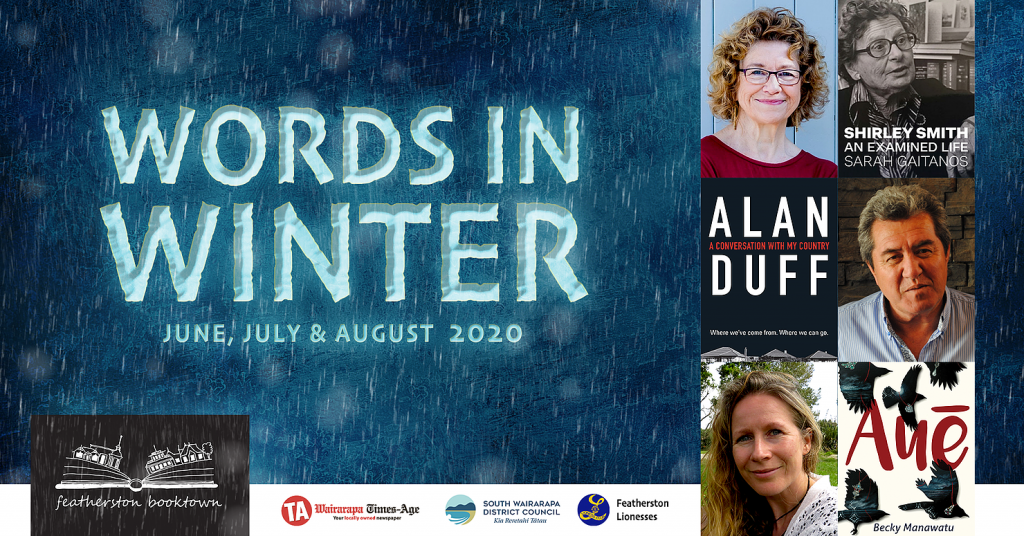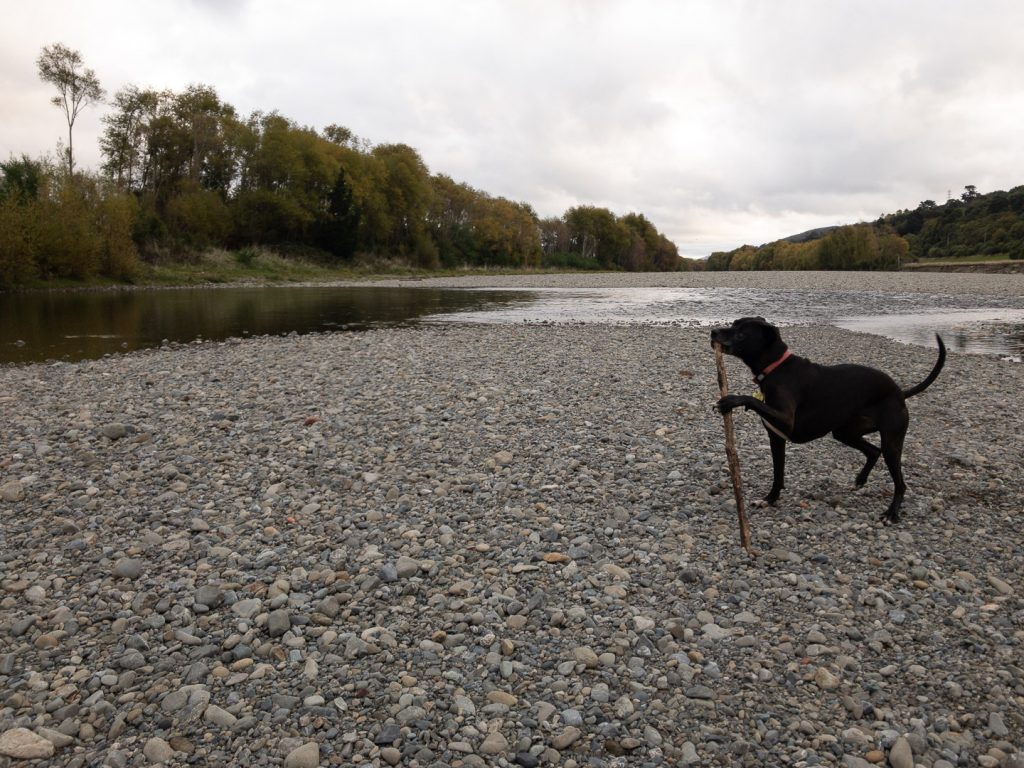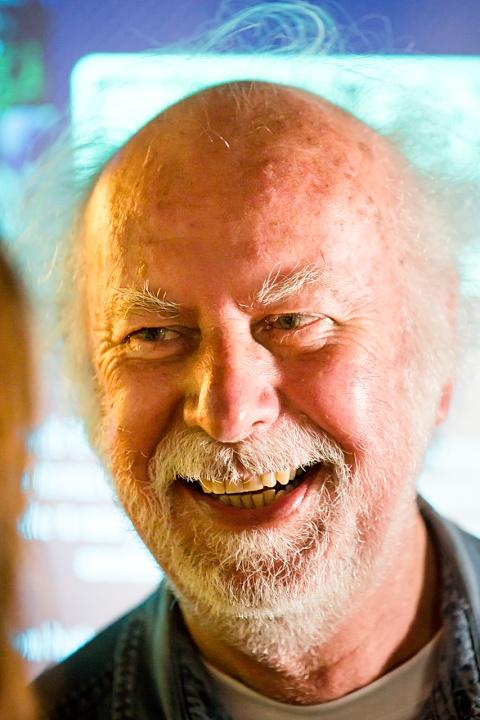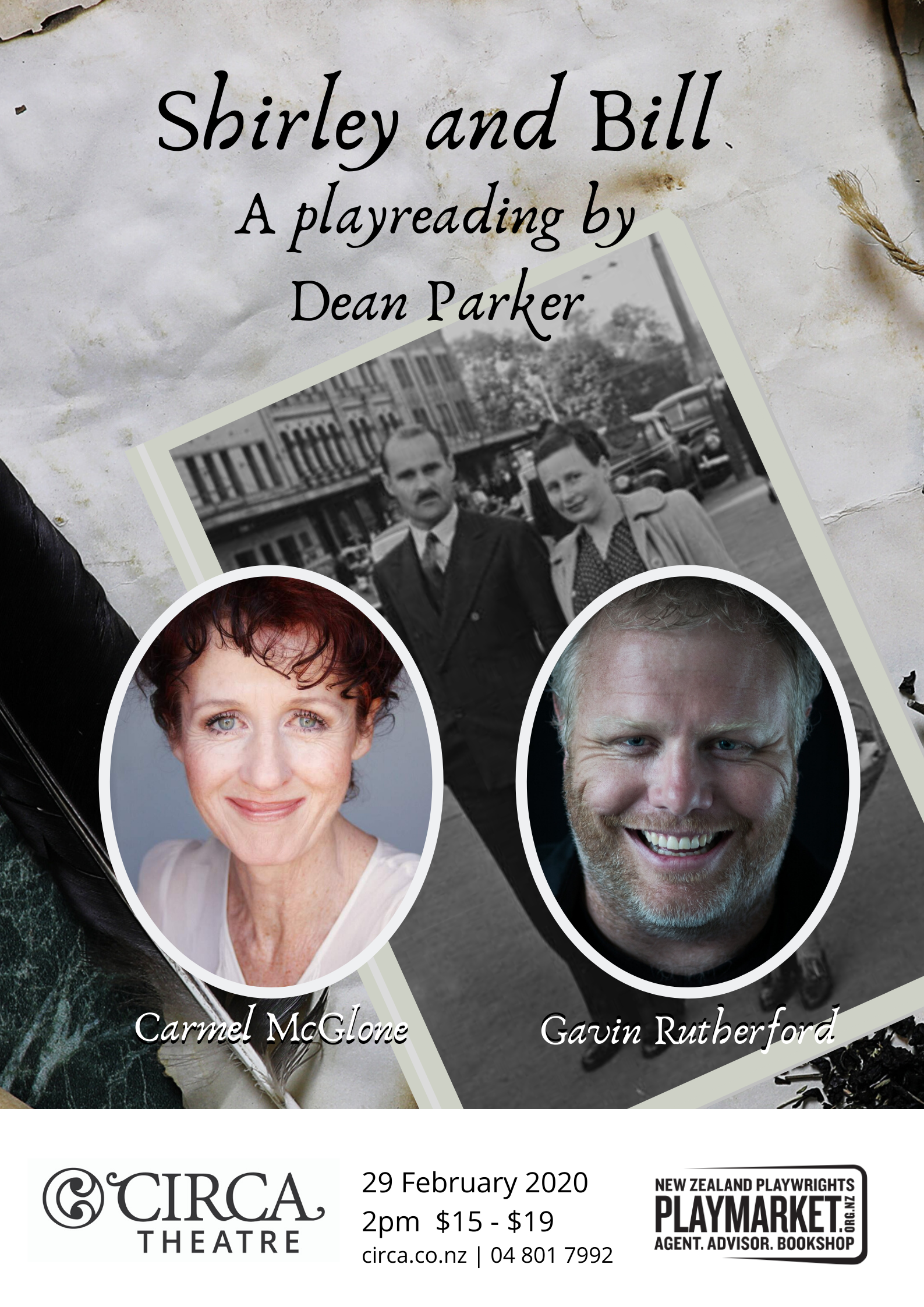I decided to share this happy event held at the National Library yesterday. I hope it will be pleasing to my friends and family and those who helped me in so many ways.
Brad Patterson read the citation:
IAN WARDS PRIZE
2020
The Ian Wards Prize, initiated in 2001, honours the outstanding contributions to the Archives and Records Association of New Zealand, to cultural life generally, and to New Zealand historical scholarship, of the late Ian McLean Wards, Chief Government Historian between 1968 and 1983. A lifelong supporter of the archives cause, for more than twenty-five years ARANZ’s elder statesman, Ian was elected to the Association’s third honorary life membership in 1982.
The Prize recognises what the appointed judging panel considers to be an outstanding piece of published New Zealand historical writing first appearing in the year preceding each Annual General Meeting. It is the sub-criteria, however, developed in close consultation with Mr Wards, which sets this prize apart from other New Zealand book awards. The winner must demonstrate either ‘innovative’ or ‘exemplary’ use of primary source materials, and otherwise be a model of scholarly good practice.
An exceptionally strong field again presented in 2020, making the selection of a winner a difficult choice. A long list of contenders was initially drawn up through searches of the New Zealand National Bibliography. This was ultimately reduced to diverse individual short lists of four by the judges. After further discussion, the judging panel’s unanimous decision is that this year’s winner is Sarah Gaitanos, for Shirley Smith: An Examined Life, published by Victoria University Press.
This substantial biography explores the life of a prominent New Zealand woman of contradictions: the privileged daughter of a highly respected lawyer, later judge, who nevertheless early embraced communism as a credo; a classics scholar and Oxford graduate who later, in a second career as a lawyer, a ground-breaking one, devoted her energies to defending life’s misfits; the wife of still controversial economist Dr Bill Sutch who, despite her strong feminist beliefs, nevertheless felt impelled to accept traditional domestic roles. Often viewed, not altogether justly, as being in her husband’s shadow, the author seeks to recount the events of Shirley’s life from her point of view. What emerges is a woman of strong principles and integrity, one who consistently confronted obstacles and generally surmounted them. The life is outlined against a backdrop of times when the political tone of the intelligentsia was more left-leaning than in recent decades.
The author’s judgements are based on a prodigious research effort, moreover one that it is hinted was not without its difficulties. Beyond wide reading in the secondary sources, the work is underpinned by research not only in the subject’s available personal papers, but also in those of many contemporaries. Files in Archives New Zealand and other New Zealand repositories have been consulted, also court and other legal records, as well as those of schools and universities. Moreover, the documentary search has extended beyond these shores, especially in repositories in the United Kingdom and the United States. Befitting an oral historian, the author has taken every opportunity to interview prospective informants, more than 100 being listed. Engagingly, wherever possible Shirley Smith is permitted to speak for herself.
Shirley Smith: An Examined Life is well written, holding the reader’s attention, and is nicely produced. In all respects it is a worthy successor to previous winners of the Ian Wards Prize.
Brad Patterson (Convenor, Judging Panel)
Charlotte Macdonald
Tiena Jordan
2020-11-20-0002
My reply:
It’s a very great honour to receive this award. I thank ARANZ and judging panel with all my heart.
This award means a great deal to me, for many reasons. One reviewer wrote that among other things, Shirley Smith: An Examined Life would be relished by history buffs and polsci nerds. I don’t know whether that describes ARANZ members but I’m delighted that my book has been judged by scrupulous scholars and won your approval.
I didn’t come to biography from a scholarly background, but I was lucky that when I started writing Nola Millar, I was at the Stout Centre, around people like Brad, who influenced me more than they know. I remember a passing comment from Brad that made me think. He said that the first thing he did when he picked up a work of non-fiction was to check the endnotes. They would tell him whether or not to look further.
Well, there are no endnotes in Shirley Smith: An Examined Life. I’m glad that didn’t stop you reading it, Brad. I recall you disapproved of footnotes, and it never occurred to me to have them. The decision was made in a flash at the typesetting stage when my publisher Fergus Barrowman suggested out of the blue that we move them notes because they carried a lot of information. It was a big decision – but I didn’t hesitate in replying ‘Yes!’ It was quite a radical change.
I know you and the committee must have read these notes closely and critically to see what lies below the surface of what appears above on the page. I thank you for that slow, careful attention.
I was asked to talk a bit about the book, and as many people here have read it, I thought I’d start with something that went in, and out again, very quickly at a late stage, just to show how close I might have come to writing fiction.
I was busy checking reference numbers, capital letters, typos and such like when I heard that a former SIS officer had been involved in the surveillance of the Sutch-Smith house in 1974. I followed this up and my source tracked down this former officer in Perth, and I put my questions to him through this third person, who I trusted and respected. My book was by then with my editor so I moved very fast. On 5 November 2018 I emailed Fergus:
After telling Madeleine that I wouldn’t make any more changes I have this add: Chapter 20, Smoke and mirrors, p.4, 2nd last para
The SIS set up a top-secret annex code-named ‘Vulcan’, which involved searching Sutch’s office on a regular basis, bugging it and installing a tap on his phone. As part of the same operation they also bugged the Sutch-Smith house. They installed five devices: a tap on the phone and induction-based devices behind power points and light fittings. From a Ministry of Works caravan parked in the street nearby, the SIS surveillance staff listened to conversations and movements within the house.[confidential source] Nothing came of the taps and bugs, but the search of Sutch’s office produced a diary in which he had written the dates and cryptic references to his clandestine meetings with Razgovorov. The cryptic annotations lined up with the meetings the SIS had observed, missed and seen abandoned.
Only then did I think, I really should check this! I spoke to Richard Hill (an independent expert on intelligence) who was highly skeptical about using a caravan in a suburban street, and I had a lot of questions for the SIS which resulted in interesting new information, along with a firm denial that it happened. One of the points a former senior female SIS officer made was that they never suspected Shirley of knowing about Bill’s meetings with Razgovorov – in fact they were certain she didn’t as he was very secretive. So there would have been no point in bugging the house, and they didn’t have the resources to do so. I wanted to know about the tapes themselves, I learned more about bugging operations, and how they bugged Sutch’s office; and I asked more questions about Sir Guy Powles’ investigation.
It was all very puzzling but I had to accept that the story didn’t stack up.
My files are full of other good stories that aren’t in the book because they fell apart on further research, or they weren’t sufficiently relevant or important.
And then there were questions of discretion. Shirley Smith herself posed the question about whether the alternative to writing the whole truth was to keep silence. She also noted that the truth as we knew it changed as new facts came to hand. That was in 1956 when she broke finally with the Communist Party. What she wrote about people living in unreality is extremely relevant today. It’s interesting also to see how she struggled with her own reality at other times.
On the question of discretion, I followed Voltaire’s dictum, ‘To the living we owe respect, but to the dead we owe only the truth.’ With regard to Shirley’s surviving family who would have to live with what I wrote, I was very careful, and actually I was pretty discreet about the dead also. I could have written a much juicier book.
A different problem was how far to let Bill Sutch encroach on Shirley’s story? I always had Shirley and the big themes of this book in mind when the focus changed to her husband.
A story about Shirley that carries a kind of truth that justifies its place in the book was the account told at her funeral of a hostage situation in Porirua in which a young man with a gun was holding a baby. The police tried to negotiate with him but the only person he would speak to was Shirley Smith. She was hastily brought to the scene, entered the house alone and of course unarmed, and emerged carrying the baby. This would surely have been a legend but none of her devoted clients in the gangs knew anything about it, and it was never reported. When I asked Shirley’s daughter, Helen Sutch, where it came from she didn’t know but thought it was true. So she is my source. Readers can judge. Had Shirley been put in that hostage situation, that’s exactly what she would have done, and we can see from her role in the Paul Chase case how the story might have evolved.
Finally, I wanted to record the life and times of Shirley Smith in such a way that it spoke to people in the 21st century; to connect with readers through our common humanity, so that the past can inform the present and perhaps we can make the world a better place in the future.
A couple of days ago I came across these words from Barak Obama, inspired by Genghis Khan and Ozymandias, and the lessons of history:
What I’ve always believed is that humanity has the capacity to be kinder, more just, more fair, more rational, more reasonable, more tolerant. It is not inevitable. History does not move in a straight line. But if you have enough people of goodwill who are willing to work on behalf of those values, then things can get better.
Shirley Smith worked tirelessly on behalf of those values. I had a subject who really nudged New Zealand in the right direction, towards Jacinda Ardern’s politics of kindness.
Footnote
For the record, the conversation with Brad continued, raising questions about our memories! He wrote:
For the life of me, I can’t remember telling you how I evaluated historical works. Even then it was probably a bit flip; there are many rooms in the historical mansion, including for synthesisers who eschew proper documentation! Did I say I don’t like footnotes? I don’t actually object at all, save when the documentation occupies two thirds of a page (like English 1 texts).
If only we had recorded our lunchtime conversations over the years, what a store of information that would be!

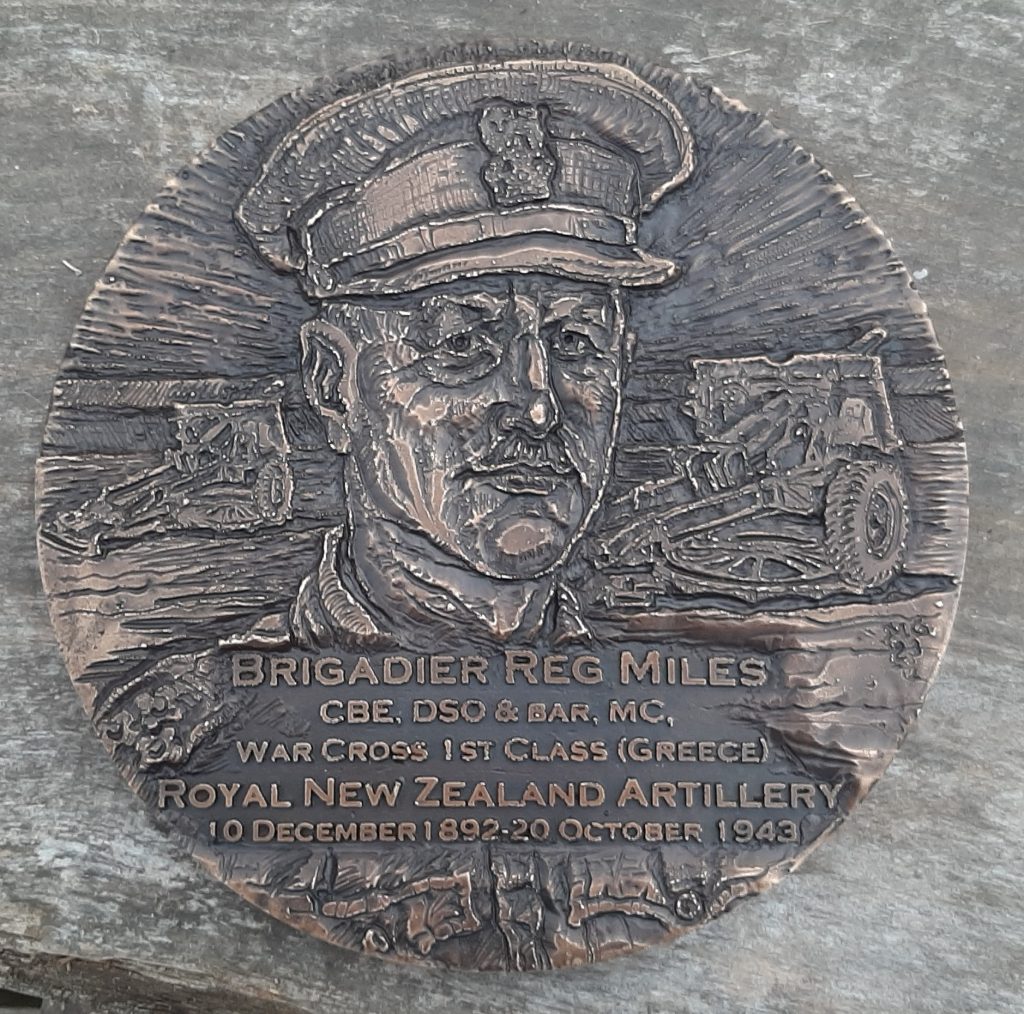
 A new initiative to provide material for secondary schools to teach the Holocaust ‘hit the ground running’, says Kris Clancy, Education Director of the
A new initiative to provide material for secondary schools to teach the Holocaust ‘hit the ground running’, says Kris Clancy, Education Director of the 
